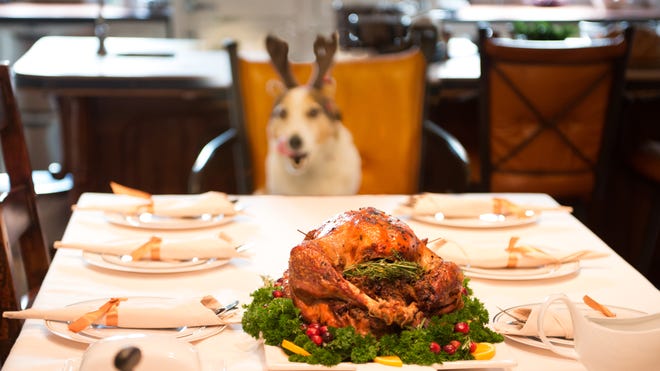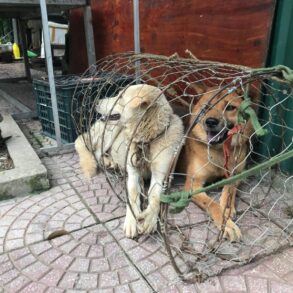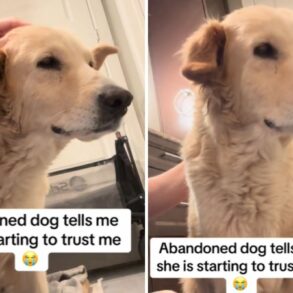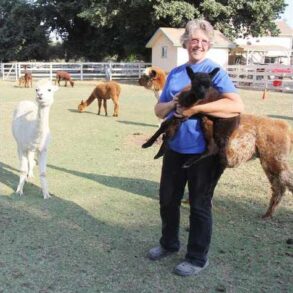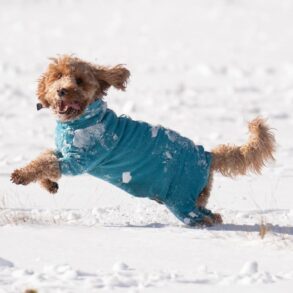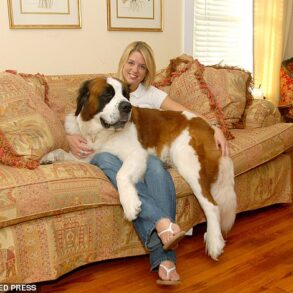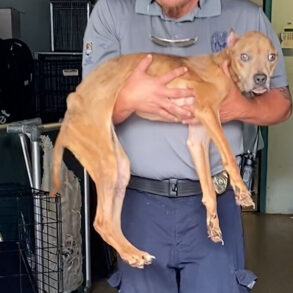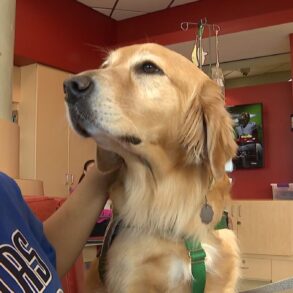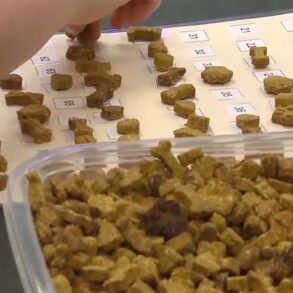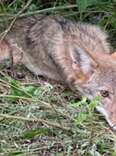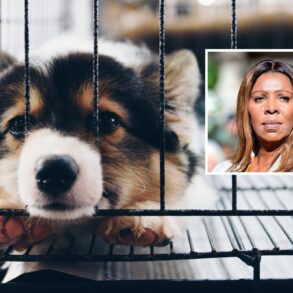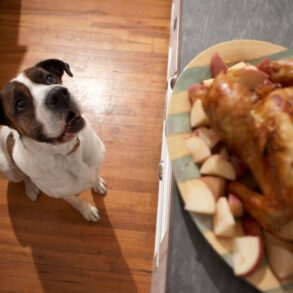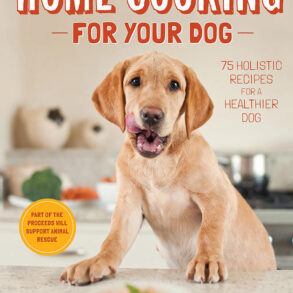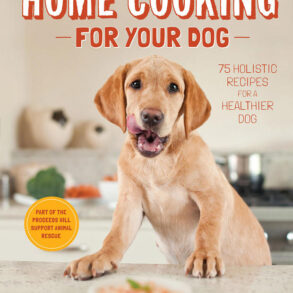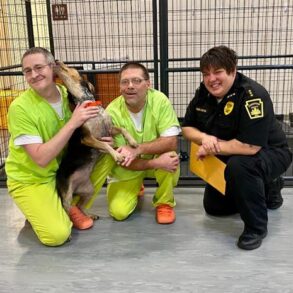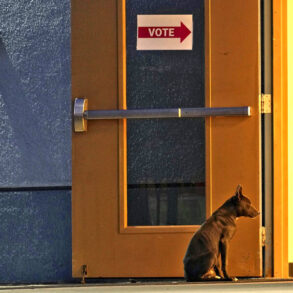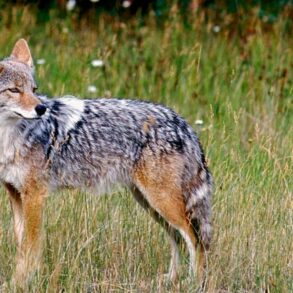Thanksgiving Day brings with it a delicious spread of turkey, stuffing, mashed potatoes and pies, but how much of it is safe for your dog?
“Health risks vary depending on the dog’s size and breed, as well as what they ate and specifically how much of it,” Dr. Danielle Bernal, a global veterinarian with Wellness Pet Company tells USA TODAY. “If a pet parent is ever concerned that their pet has eaten something that could be dangerous or is displaying abnormal behavior, they should contact their veterinarian immediately.”
Dr. Bernal also advises establishing “establish ground rules with your guests,” and being open “about whether or not you want to feed your dog any human food, where pets are allowed inside or outside, what to do when trash begins to overflow and how to treat pets who may experience anxiety with guests.”
Here is a list of typical Thanksgiving foods that are suitable for your dogs and a list of foods to avoid.
Can my dog eat that?A guide to fruits and vegetables safe for canine consumption.

Turkey
Plain, boneless, and skinless turkey is generally safe for dogs to eat, according to the American Veterinary Medical Association (AVMA) and Dr. Bernal says the meat is “a protein supporting muscle health and a lean body condition.”
However, stuffings, seasonings, skin and bones are hard no for your canine friends and can create digestive issues for them.
“For pets, prepared high calorie and fatty foods, such as the skin from a roast turkey, gravies, and sides with extra butter, creams and oils can trigger acute digestive upsets, vomiting, bloating and diarrhea or even painful and dangerous pancreatitis,” Dr. Bernal warns.
Dr. Bernal explains that “turkey bones are known to splinter easily,” and “chewing on those could increase a risk of choking and intestinal punctures” in dogs.
“This would require an emergency trip to the vet, which we all hope to avoid,” Dr. Bernal says.

Fruits and vegetables
Sliced raw carrots, apples and cranberries are suitable options for your dogs, according to Dr. Bernal. While carrots are low in calories and protect against cataracts and heart disease, pectin in apples supports the digestive system. Similarly, cranberries are rich in antioxidants and Vitamins A, B1, B2, and C, which help support urinary health and help prevent UTIs and bacterial growth.
In vegetables, steamed sweet potatoes, butternut squash, green beans, and peas are great options for dogs. Sweet potatoes are rich in vitamins A, B6, C and calcium and “support fiber and digestion in dogs,” Dr. Bernal explains.

Desserts
While canned 100% pumpkin puree and unsweetened applesauce “delivering a healthy source of fiber” are popular dessert options for dogs, according to Dr. Bernal, pumpkin pies and prepared desserts are not suitable and should be kept away from them.
“Pumpkin pie can contain ingredients that are toxic to animals,” AVMA says, explaining that “uncooked, yeast-based bread dough can cause problems for pets, including painful gas and potentially dangerous bloating.”
Foods to keep away from your dogs

- Chocolates: As much as dogs love them, just like humans, chocolate can be immensely harmful for pets, AVMA says. “Caffeine and theobromine in chocolate and cocoa powder are highly toxic due to their ability to increase heart rate, blood pressure, agitation, tremors and seizures or even potentially lead to death,” Dr. Bernal says.
- Xylitol: The artificial sweetener commonly used in gum and sugar-free baked goods can be deadly for both dogs and cats, as per AVMA.
- Seasonings and spices: Use of onion and garlic “can be harmful to pets as they contain compounds that can damage red blood cells resulting in lethargy, vomiting, diarrhea, decreased appetite, pale gums, and red or brown urine,” Dr. Bernal says.
- Processed foods and added ingredients: Butter, brown sugar, marshmallows and syrup are not suitable for dogs and can create digestive issues.
- Nutmeg: When consumed in large amounts, nutmeg can be toxic due to the hallucinogenic compound myristicin.
- Grapes and raisins
Human food for dogs:Here’s what is and isn’t safe for your pet to eat.
Dog-friendly Thanksgiving recipes
Though dogs can get a few treats from the Thanksgiving table, Dr. Bernal recommends limiting the “extras” to only 10% of your dog’s daily nutrition and feeding them before dinner begins to “help decrease their interest in what you’re eating.”
“This will let them enjoy the delicious tastes for mealtime variety but keep them healthy and their nutrition balanced,” Dr. Bernal says.
That doesn’t mean dog owners have to limit their furry friends’ celebrations. Dr. Bernal recommends creating a “pet-friendly barkcuterie board” that will make your pooch feel included while keeping them safe.
“You can add all the safe Thanksgiving foods that are good for your dog (like sliced apples and carrots) plus some healthy dog treats, such as Wellness Old Mother Hubbard treats or options that incorporate typical Thanksgiving ingredients,” Dr Bernal says. “Adding some fresh boneless and skinless turkey, pureed pumpkin or baked vegetables to your dog’s dry kibble or preferred main meal is a great way of using those delicious leftovers as a festive topper that elevates their mealtime.”
Saman Shafiq is a trending news reporter for USA TODAY. Reach her at sshafiq@gannett.com and follow her on X and Instagram @saman_shafiq7.
This post was originally published on this site be sure to check out more of their content.



